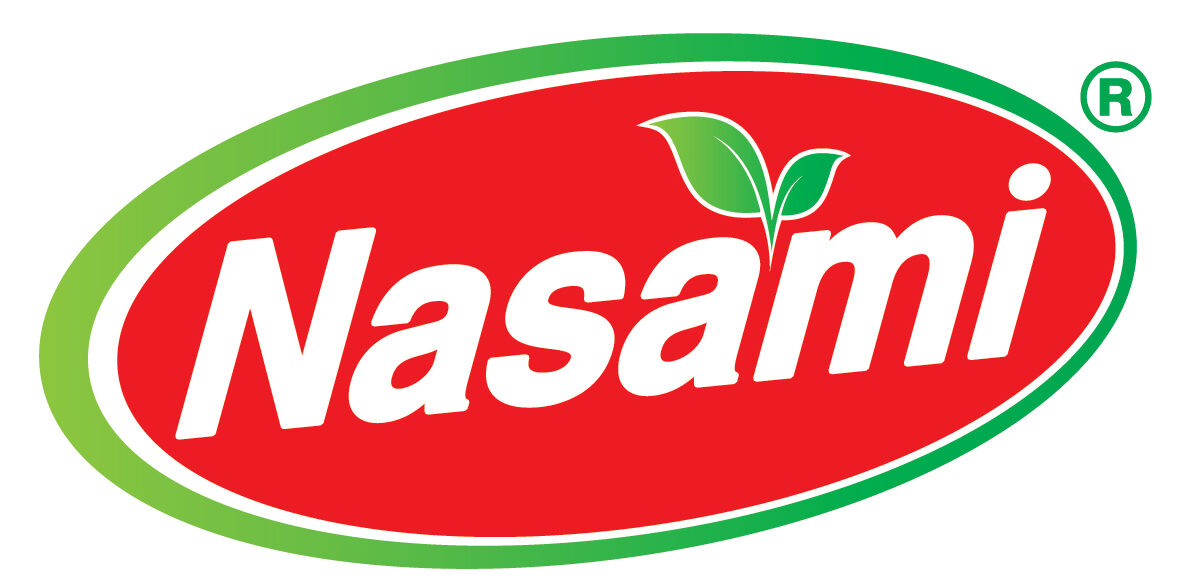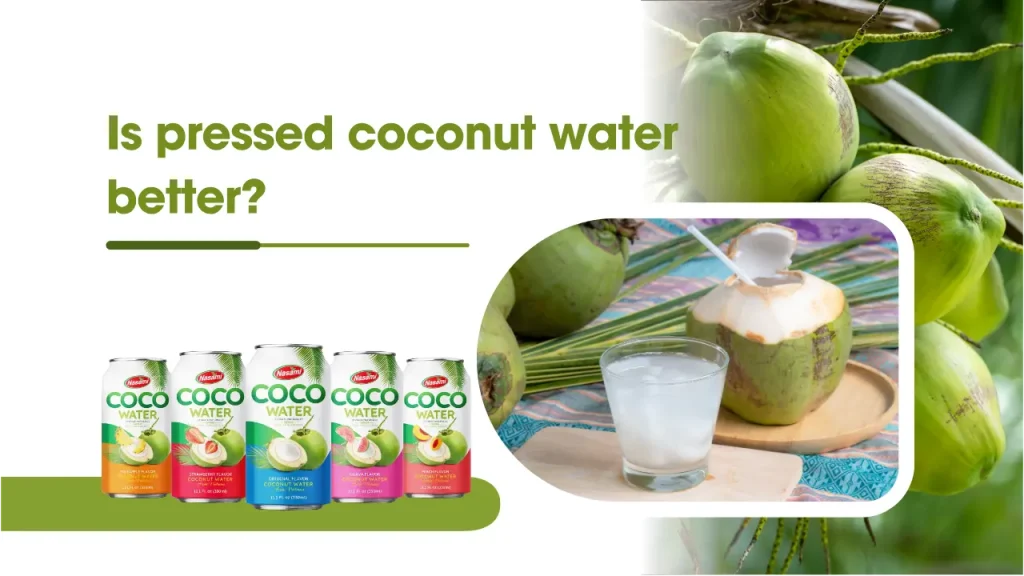Pressed coconut water is a new addition to the coconut water category. Unlike traditional coconut water, which is typically extracted by drilling into the coconut, pressed coconut water involves pressing the entire coconut, including the meat, to extract the liquid.
This process results in a richer, more flavorful drink with a slightly different taste. The pressing method aims to capture more of the natural nutrients from the coconut, potentially offering a more nutritious and flavorful alternative to regular coconut water.
How is Pressed Coconuts Water Made?
Pressed coconut water stands out as a distinctive and rapidly growing alternative to traditional coconut water. While regular coconut water is simply the clear liquid from young, green coconuts, pressed coconut water is produced through a more sophisticated extraction process. This method involves pressing the entire coconut, including the white coconut meat, to obtain the liquid. This technique not only extracts the water but also infuses it with the natural, rich flavors and nutrients of the coconut, resulting in a more flavorful and nutrient-dense beverage.
The production process of pressed coconut water retains the essence of the entire coconut, including its creamy texture and natural sweetness. By incorporating the coconut meat, pressed coconut water has higher concentrations of vitamins, minerals, and antioxidants compared to regular coconut water. This makes it a hydrating drink with significant nutritional benefits.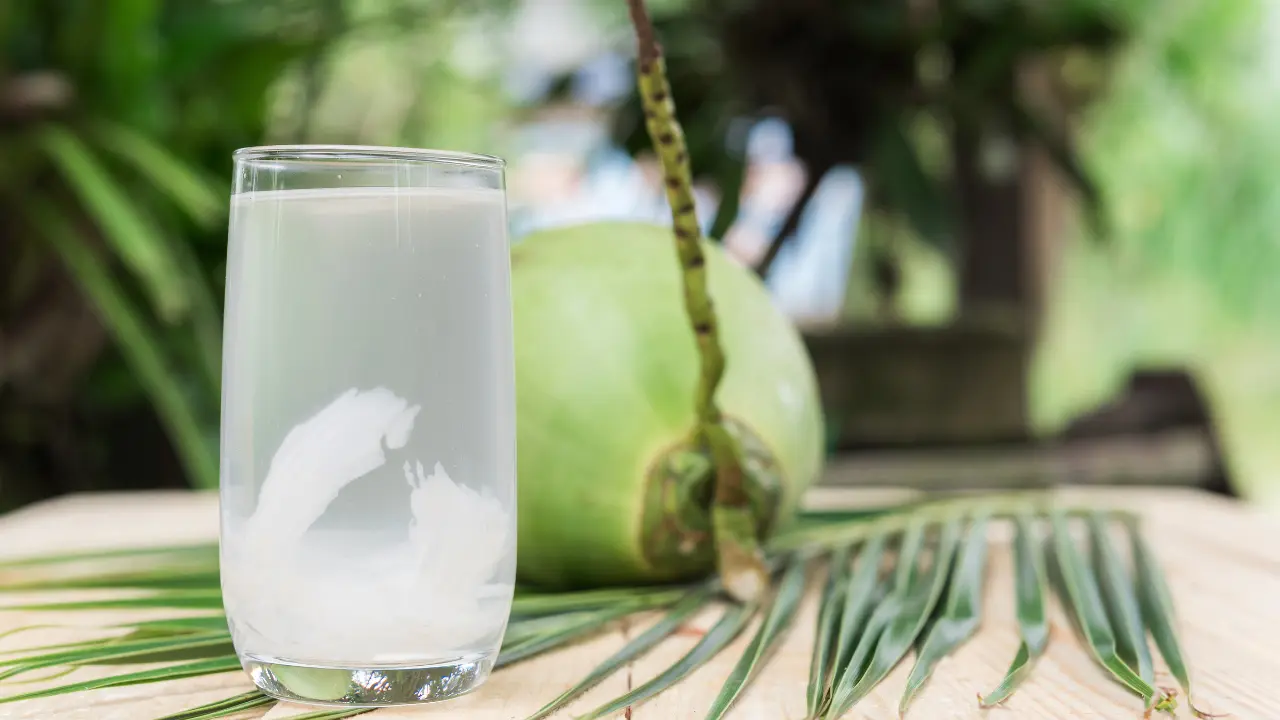
What are the Benefits of Pressed Coconut Water?
Pressed coconut water is becoming increasingly popular due to its refreshing taste and health benefits. But what sets it apart from other types of coconut water? Let’s explore the benefits of pressed coconut water and why it might be a better choice for your hydration needs.
Nutrient Retention
Pressed coconut water is known for retaining higher nutrient content due to minimal processing. Unlike other types that may undergo high-temperature pasteurization, pressed coconut water is extracted through a cold-press method. This technique helps preserve the maximum amount of nutrients and vitamins found in coconuts. Essential nutrients such as potassium, magnesium, and vitamin C remain intact, providing a more natural and nutrient-rich hydration option.
Enhanced Flavor Profile
One of the standout features of pressed coconut water is its incredibly fresh and vibrant taste. The cold-press extraction method used to produce this water helps maintain the natural flavor of the coconut, which is often lost in more conventional processing methods. Unlike coconut water that undergoes high-temperature pasteurization or other processing techniques, which can result in a cooked or altered taste, pressed coconut water retains the pure, crisp flavor of fresh coconut.
Hydration and Electrolyte Balance
Pressed coconut water offers excellent hydration with a high electrolyte content. It contains potassium, sodium, and magnesium—essential minerals needed to maintain fluid balance and support muscle function. This makes pressed coconut water a natural and effective alternative to sports drinks for replenishing electrolytes after intense physical activity.
Lower Sugar Content
While many commercial coconut water products may contain added sugars or sweeteners, pressed coconut water typically has a lower sugar content. This can be beneficial for those looking to manage their sugar intake or reduce calorie consumption while still enjoying a flavorful and hydrating beverage.
Nutritional Information of Pressed Coconut Water
Pressed coconut water is recognized for its higher nutritional content compared to regular coconut water. Its nutritional profile typically includes essential electrolytes such as potassium, sodium, magnesium, and calcium. Additionally, pressed coconut water is rich in antioxidants, amino acids, and enzymes, all contributing to its potential health benefits.
A notable feature of pressed coconut water is its low glycemic index, a rare characteristic among packaged beverages, making it a safe choice for individuals with diabetes. High GI drinks can disrupt blood sugar levels, but pressed coconut water, with less than 5 grams of sugar per 100 ml, stands out for its significantly lower sugar content compared to many other beverages and fruit juices.
Rich in potassium, pressed coconut water helps counteract the effects of sodium and reduce the risk of high blood pressure and coronary heart disease, particularly in middle-aged individuals. Furthermore, it contains significant amounts of other minerals and electrolytes, contributing to its well-documented health-regulating benefits.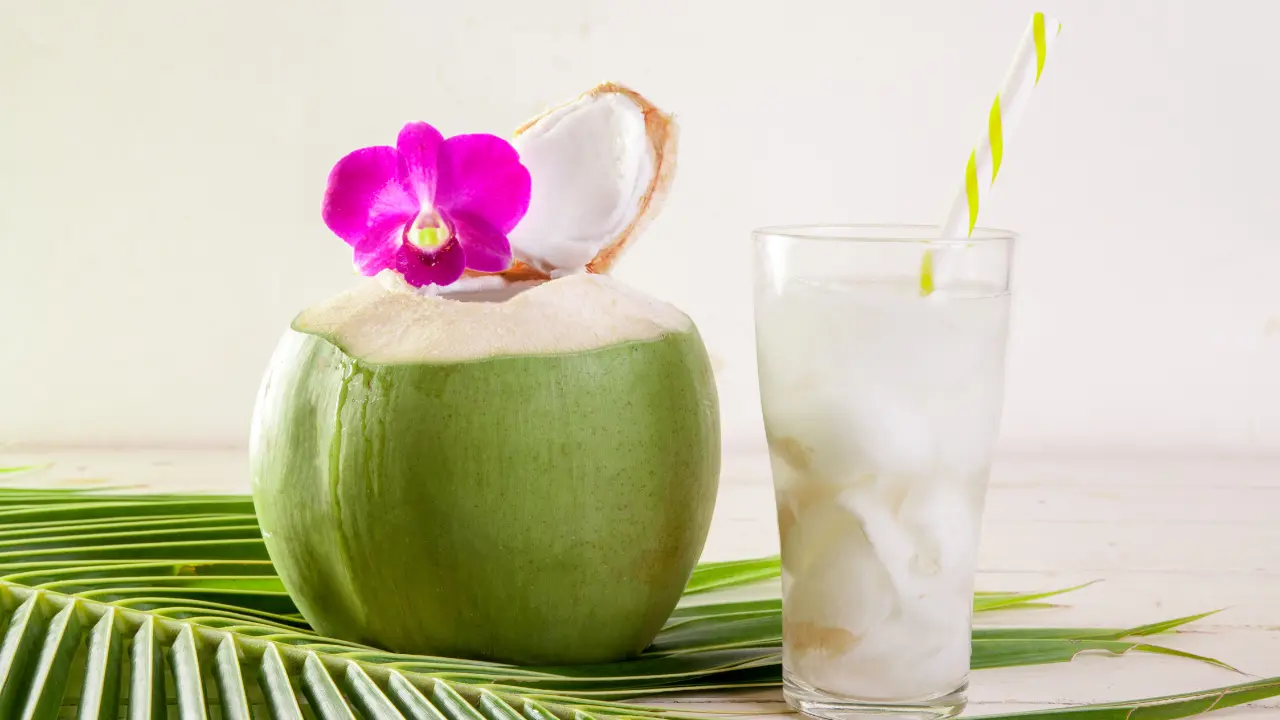
Comparing Pressed and Regular Coconut Water: Key Differences
Pressed and regular coconut water differ significantly in terms of taste, nutritional content, and production methods, offering consumers a variety of options to suit their preferences and health needs.
Pressed coconut water is distinguished by its extraction method, which uses high-pressure processing (HPP) to maintain freshness while preserving the nutritional integrity of the product. This technique helps retain the natural flavor and health benefits of coconut water, resulting in a more vibrant taste compared to regular coconut water. Additionally, HPP eliminates the need for heat pasteurization, thus preserving valuable enzymes and electrolytes.
In contrast, regular coconut water undergoes traditional pasteurization methods involving heat. While this process extends the product’s shelf life, it may cause slight changes in taste and a reduction in some heat-sensitive nutrients.
Nutritionally, pressed coconut water is recognized for its higher level
Ultimately, the choice between pressed and regular coconut water depends on individual preferences. Pressed varieties offer a premium, minimally processed experience, while regular options provide convenience and a familiar taste.
Difference in appearance
Coconut water often appears slightly cloudy due to the presence of fine coconut flesh or “coconut meat”. Compared to pressed coconut water, coconut water is noticeably clearer and more transparent. This clarity is a result of the high-pressure processing used during production, which effectively removes particles and impurities from the liquid.
The difference in taste
The taste of coconut water is subjective and individual preferences can vary considerably. Regular coconut water typically has a stronger coconut flavor with a slight sweetness that many people find refreshing and distinctive. This distinct coconut flavor is due to the traditional extraction and pasteurization methods.
In contrast, pressed coconut water is often described as having a milder, more delicate flavor. The high-pressure processing technique used in pressed coconut water preserves the natural sweetness of the coconut while mellowing the overall flavor. This creates a beverage that allows the inherent sweetness and subtle flavor of the coconut to shine through, appealing to those who prefer a more subtle, refined flavor experience.
Nutritional differences
Pressed coconut water is said to have a higher nutritional profile than its extraction method. While both regular and pressed coconut water provide essential electrolytes, pressed coconut water typically contains higher levels of antioxidants and enzymes. The juicing method preserves these sensitive nutrients more effectively than the duplicate extraction method, which can cause them to break down. Antioxidants help combat oxidative stress in the body, while enzymes play a role in various metabolic processes that contribute to overall health.
Furthermore, coconut water can contain many of the vitamins naturally found in coconuts, such as vitamin C and various B vitamins. These nutrients are essential for maintaining a healthy immune system, supporting energy production, and providing healthy skin.
In summary, while both types of coconut water offer health benefits, coconut water is more beneficial due to its enhanced nutritional profile, making it the more beneficial choice for those looking to maximize their vitamins, antioxidants, and natural enzymes.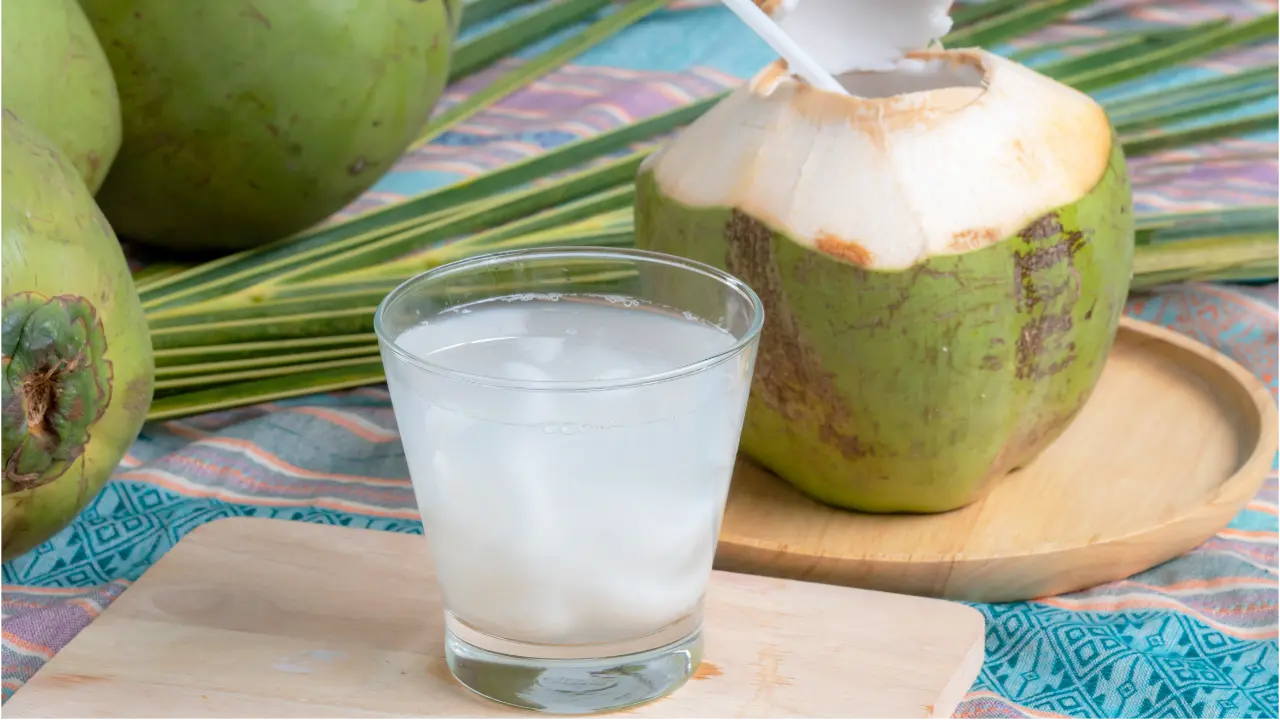
FAQs Is pressed coconut water better?
What are Storage and Shelf Life Guidelines for Fresh Coconut Water?
To maintain the quality of fresh coconut water, it is essential to store it properly. Once opened, fresh coconut water should be refrigerated and consumed within 2 to 3 days for optimal freshness. Unopened, commercially packaged fresh coconut water can last several months when stored in a cool, dry place away from direct sunlight. Always check for signs of spoilage, such as an off smell or changes in color, before consuming. Proper storage helps preserve the refreshing taste and safety of fresh coconut water.
Is pressed coconut water pasteurized?
Pressed coconut water is usually not pasteurized. The process used to make it involves pressing the coconut to get the water out without using heat. This helps keep the natural taste and nutrients intact. However, some brands might use a method called high-pressure processing to make sure the coconut water is safe to drink and lasts longer, but this doesn’t involve heat and helps preserve its fresh flavor.
What Will Happen if I Drink Coconut Water Daily?
Drinking coconut water daily can offer several health benefits, including improved hydration and balanced electrolyte levels, thanks to its high potassium and magnesium content. Regular consumption may support heart health, aid digestion, and provide a natural source of antioxidants. However, it’s important to moderate intake, as excessive consumption could lead to an imbalance in electrolytes or additional calorie intake. For most people, incorporating coconut water into a balanced diet can be a refreshing and healthful choice, but it’s always wise to consult with a healthcare provider for personalized advice.
